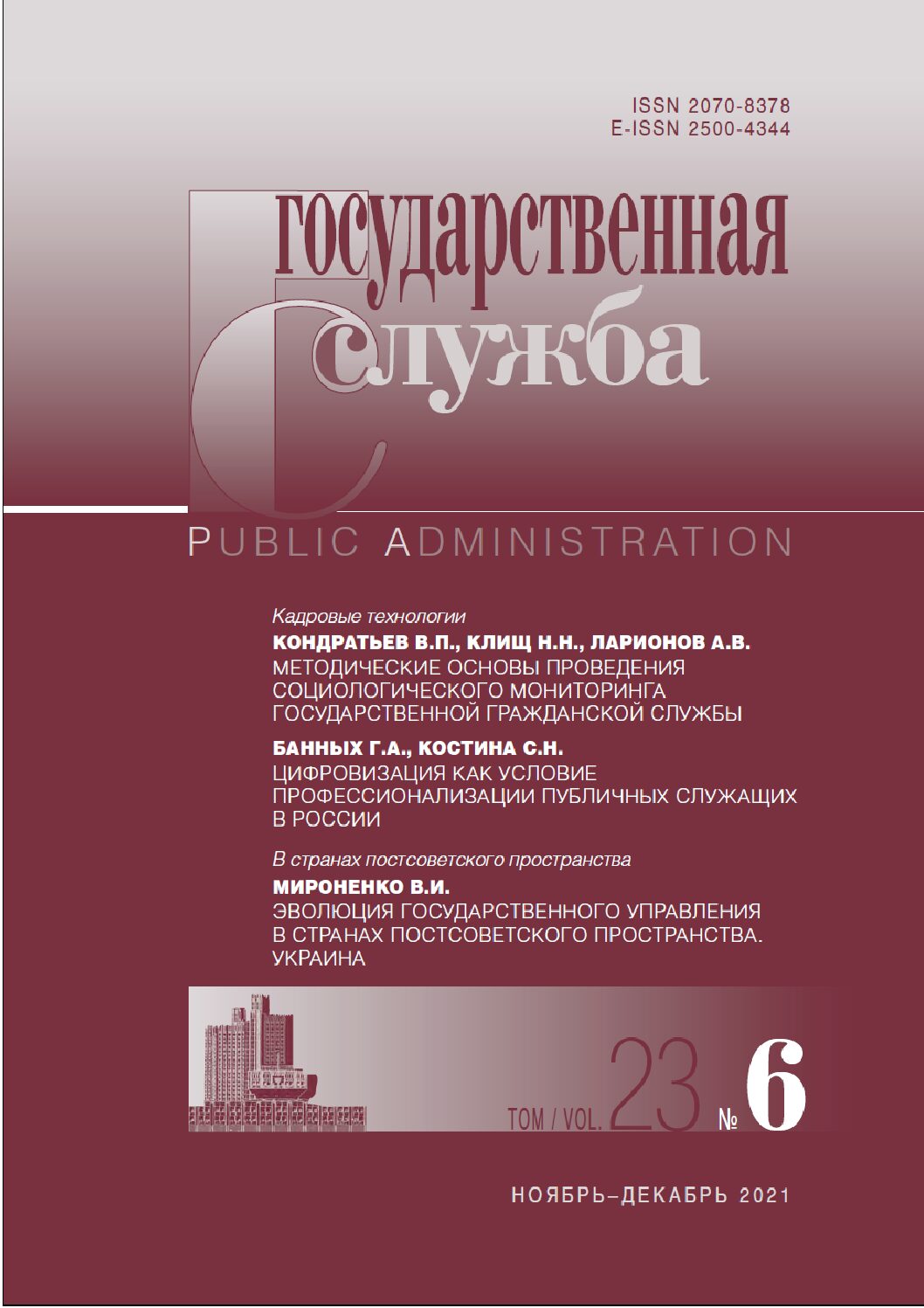Recommended link to article:
ELENA VASILIEVNA PONOMARENKOа,b
аPeoples’ Friendship University of Russia
bRussian Presidential Academy of National Economy and Public Administration
VIRGINIE ODDOc
cCôte d’Azur University
DOI: 10.22394/2070-8378-2021-23-6-75-82
Abstract:
The article examines the improvements of the modern system of technology transfer for innovations in Russia over the past two decades with the use of French experience in this area. The authors identify the place of skilled intermediary institutions, which play a principal role in “forcing cooperation” between universities, research structures, and the business community to implement innovations at the national and regional levels. The article analyzes the reform of development institutions in Russia whose activities have been found unsatisfactory, as well as new forms of promotion of world-class research and educational centers (RECs) in the regions of Russia, youth laboratories, and other elements of infrastructure to mediate the transfer of knowledge and technology and to promote innovations in Russia.
Keywords:
technology transfer infrastructure, qualified intermediaries, development institutes, world-class research and educational centers (REC), youth laboratories, the national project “Science and Universities”
Received:
November 9, 2021
References:
Kamenskikh M.A. Exploring the essence and peculiarities of world-class research and educational centers. Ekonomicheskoye vozrozhdeniye Rossii. 2020. No. 4. P. 136–141. In Russian
Kuptsova I.V., Laktaeva N.E. Scientific and educational centers as a driver of the Russian innovation economy. Gosudarstvennoye i munitsipalnoye upravleniye. Uchenyye zapiski. 2020. No. 2. P. 70–76. In Russian
Ovchinnikova N.E., Lazarenko D.G. The analysis of conceptual theoretical approaches to the problem of technology transfer in foreign universities. Universitetskoye upravleniye: praktika i analiz. 2021. No. 25 (1). P. 62–82. In Russian
Ponomarenko E.V. Triad of innovative development “universities-municipalities-business” in territorial cluster policy: French experience. Gosudarstvennaya sluzhba. 2019. No. 5. P. 103–107.
Ponomarenko E.V., Chuprova O.G., Oddo V., Teslenko V.A. The formula of competitive cooperation in clusters of France and Russia (critical view of experts): Monograph. Moscow: Nauchnaya biblioteka, 2021. In Russian
Rybkina E.A., Khairullin R.N. Technology transfer in Russia and abroad. Innovatsii. 2018. No. 9. P. 45–52. In Russian
Sukharev O.S. Knowledge economy: prospects for a technological breakthrough. Ekonomika. Nalogi. Pravo. 2020. No. 2. P. 16–33. In Russian
Chuprova O.G., Billier J.-C. Poles of competitiveness: a model of transition to an innovative economy (the new industrial policy of France). Gosudarstvennaya sluzhba. 2020. No. 5. P. 67–75. In Russian
Статьи в режиме Open Access публикуются в соответствии с лицензией Creative Commons Attribution 4.0 International (CC BY).

